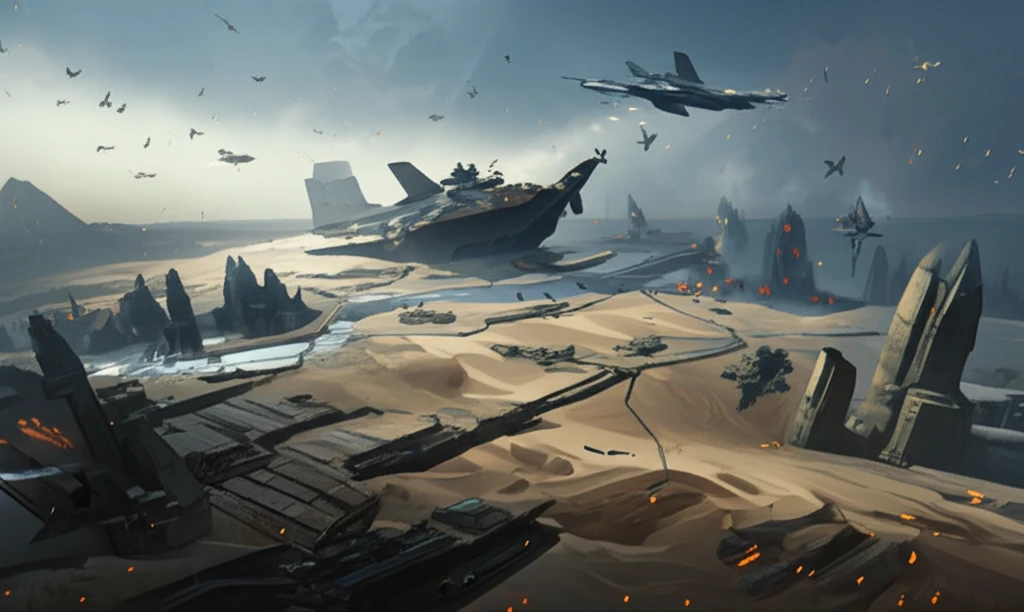
Navigating Geopolitical Shifts: Is the Gulf Cooperation Council Prepared for the Future?
"A critical look at the GCC's security challenges, military capabilities, and the evolving dynamics shaping the Gulf region."
The Gulf Cooperation Council (GCC), established in 1981, aimed to foster regional security among its six Gulf Arab monarchies. However, it has struggled to transform into the cohesive security framework initially envisioned. A key challenge lies in the varying military strengths and priorities of its member states: Bahrain, Kuwait, Qatar, Oman, Saudi Arabia, and the United Arab Emirates.
The Peninsula Shield Force (PSF), formed in 1984, was intended to be a joint military force. Despite its existence, the GCC states still had to rely on external powers to liberate Kuwait in 1991 during Iraqi invasion, highlighting its limitations. The Arab Spring uprisings further tested the GCC's security, leading to the PSF's deployment in Bahrain in 2011—a first-time intervention to protect an embattled member.
Amidst ongoing discussions about potentially forming an Arab Union, including Jordan and Morocco, deep divisions within the GCC remain. While Saudi Arabia and Bahrain show enthusiasm, Oman and Qatar are less inclined. This backdrop sets the stage for a critical examination of the GCC's military capabilities, its readiness to confront regional security threats, and its overall geopolitical positioning.
Assessing the Military Strengths and Preparedness of the GCC States

Joseph A. Kéchichian’s work provides an in-depth analysis of the military institutions within each of the six GCC states, evaluating their unique strengths and weaknesses. The study meticulously examines training doctrines, practices, and connections with Western military institutions. Moreover, it identifies key military figures and their impact on shaping their respective armed forces.
- Training doctrines and military practices.
- Connections to elite Western military schools.
- Key personalities shaping the military.
- Strategic and doctrinal challenges.
- Preparedness for future security threats.
The Future of the GCC: Challenges and Opportunities
In conclusion, while the GCC has made strides in economic and social cooperation, its security alliance remains fragile. The evolving geopolitical landscape, marked by growing Russian influence and the decreasing engagement of the United States, presents both challenges and opportunities for the GCC. Addressing internal divisions, developing a unified military doctrine, and adapting to shifting global dynamics are crucial steps for the GCC to ensure its stability and relevance in the coming decades.
